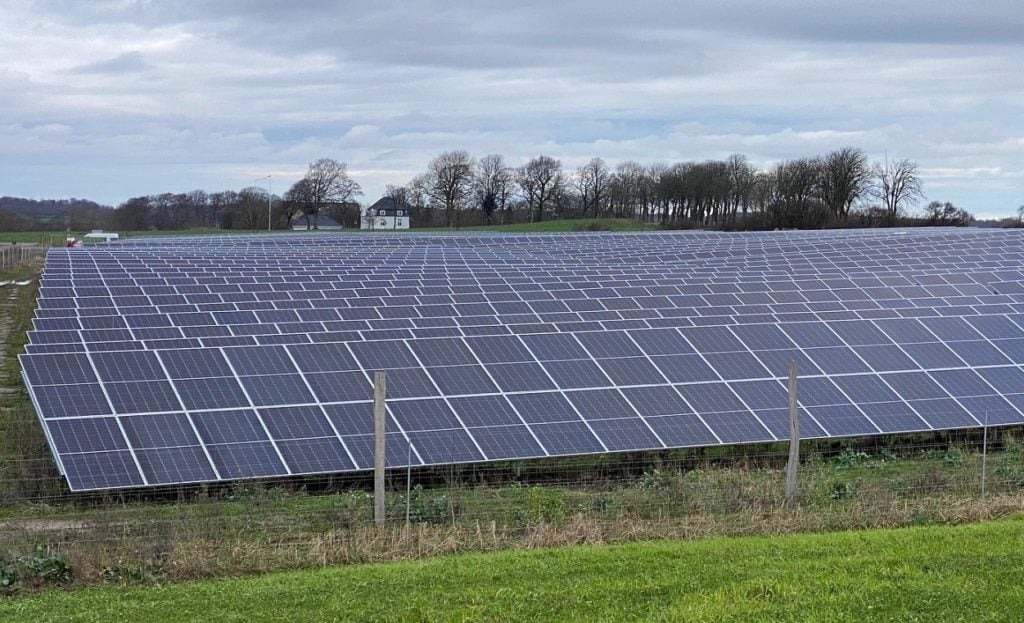
Danish independent power producer (IPP) Better Energy has signed a power purchase agreement (PPA) with Fujifilm Diosynth Biotechnologies to sell electricity generated at its proposed 107MW solar project in Vedde, in the Danish municipality of Sorø.
The off-taker, the US pharmaceuticals arm of the Japanese conglomerate, will use power generated at the project to meet the energy demand of its biopharmaceutical manufacturing site in the Danish town of Hillerød. While neither company announced the financial details of the deal, they noted that the PPA will come into effect in July 2025, and Fujifilm plans to use power from the project to aid in its expansion of the site, with “new operations” set to come online this year.
Try Premium for just $1
- Full premium access for the first month at only $1
- Converts to an annual rate after 30 days unless cancelled
- Cancel anytime during the trial period
Premium Benefits
- Expert industry analysis and interviews
- Digital access to PV Tech Power journal
- Exclusive event discounts
Or get the full Premium subscription right away
Or continue reading this article for free
Christian Houborg, site head and SVP, Fujifilm Diosynth Biotechnologies, said the deal would be a “critical component of our ‘Partners for the Planet’ strategy to reduce our carbon footprint.”
Projects such as this are part of Fujifilm’s plans to halve its carbon dioxide emissions by 2030, compared to 2019 levels. The company also plans to convert half of its purchased electric power to electricity from renewable sources by the end of the decade, and this deal will grow Fujifilm’s portfolio of green power.
Better Energy plans to use the deal to support the construction and commissioning of the project, and is the latest PPA the company has signed. Earlier this month, it agreed to sell power generated from a portfolio of Polish projects to Norwegian energy company Statkraft, as it looks to expand its solar portfolio across Europe.
The news also follows the European Parliament and EU Council’s agreement of terms for the Net Zero Industry Act, an attempt to reinforce the EU’s renewables manufacturing sector in particular, amid concerns about its financial viability compared to the US and China.






